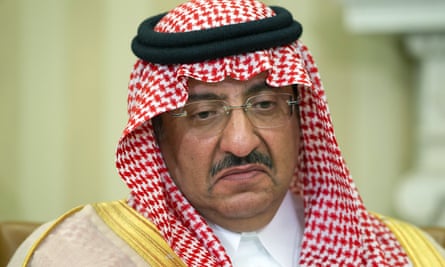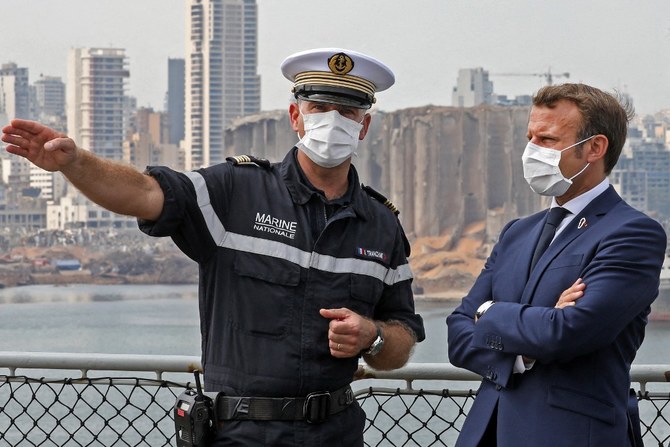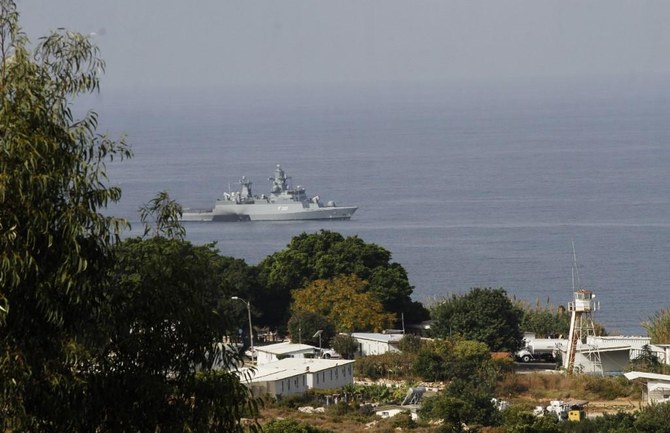by businessinsider.com.au — BILL BOSTOCK — Le Chef, located in the district of Gemmayze, was among scores of businesses eviscerated on August 4 when a huge store of ammonium nitrate exploded, killing at least 135 people and injuring many more. The restaurant was opened in 1967, and Bourdain, who died in 2018, dined there during a 2006 episode of his show “No Reservations.” In the show Bourdain called Le Chef “a legendary spot, famed for its simple, straightforward, home-style classics.” Le Chef reopened on Monday, with host Charbel Bassil telling Guardian reporter Martin Chulov he was thankful to have survived the blast and for “our godfather, Mr. Russell Crowe.” Crowe had revealed on August 13 that he was behind a $US5,000 donation to help save Le Chef. “I invite him to come to our country and to see out restaurant. I can’t find the words to tell him thanks,” Bassil said. “All the staff and the family of Le Chef thanks him.” The heartfelt video caught the attention of the Oscar-winning actor. “Made me laugh, made me happy. Great to see them back in business,” Crowe tweeted. “I send Charbel and the Le Chef family my best wishes.”
Crowe’s donation made up around a quarter of the $US19,509 sum raised for Le Chef on GoFundMe. The fundraiser’s organisers said at the time the money would go toward “replacing the electricity, windows, refrigerator, gas stove, and other essentials that were damaged.” On August 13, organiser Richard Hall noticed that a person named Russell Crowe had donated $US5,000, and tweeted Crowe to ask if it was really him. Crowe confirmed the donation later that day, tweeting a link to the fundraiser, saying: “On behalf of Anthony Bourdain.” “I thought that he would have probably done so if he was still around,” Crowe said. “I wish you and LeChef the best and hope things can be put back together soon.”





/cloudfront-us-east-1.images.arcpublishing.com/mco/IABPREZHUJHPNO47VJMVK7J4DY.jpg)




